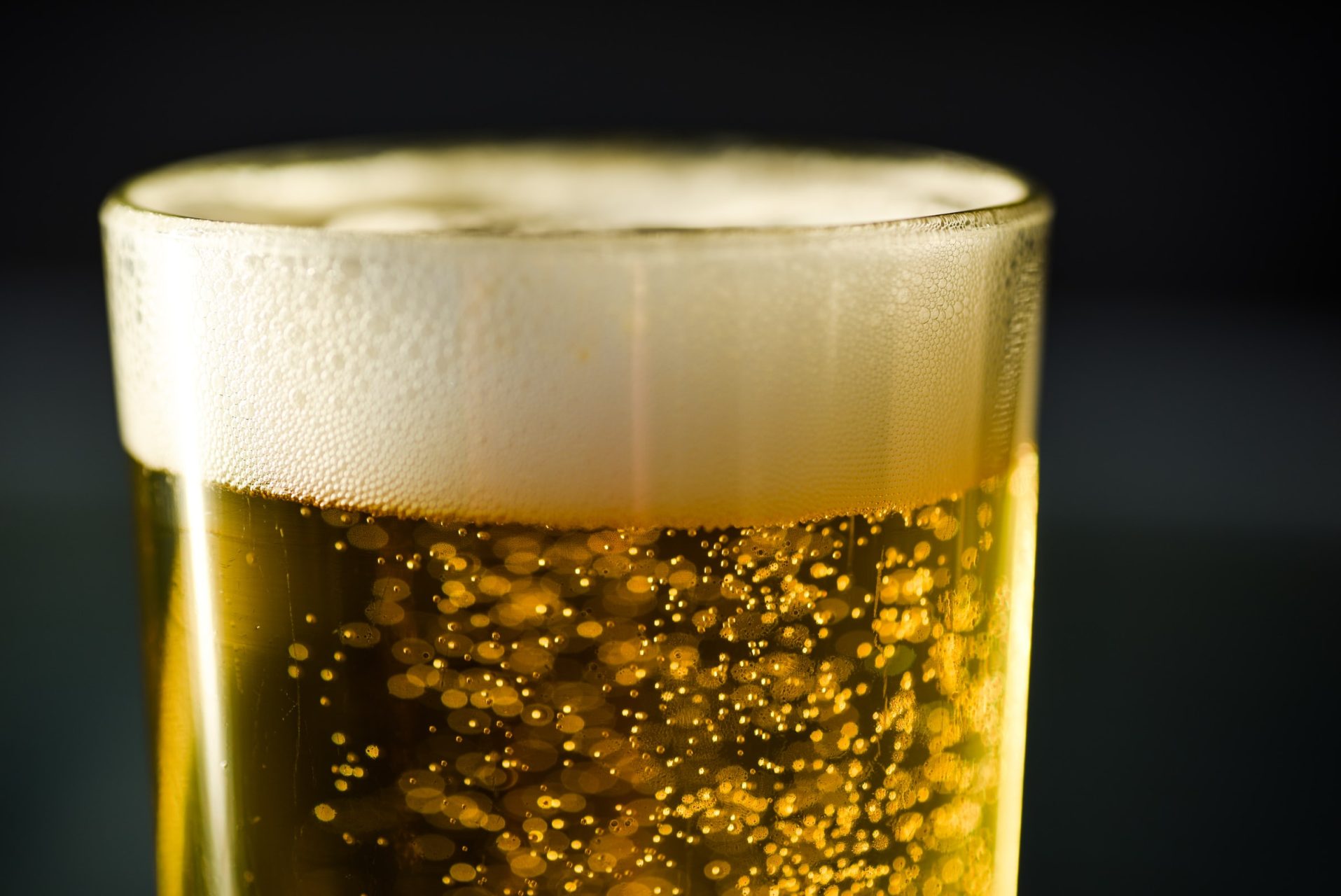Greater freedom of choice and the insecurity of worldwide issues is leading young people to dramatically reduce their alcohol consumption, according to new research led by Kent.
There has been a recognised increase of conscious moderation and abstinence from alcohol among ‘Generation Z’ (those born between the mid-to-late 1990s and the 2010s), and new research published by the British Journal of Sociology has linked this to a greater choice of leisure activities, external pressures to perform and a prolonged adolescence.
Young people are experiencing acutely-felt pressures to perform educationally, manage health, develop a career and use their time productively. These pressures result from macro social problems such as climate change and cost-of-living crises but are experienced and navigated at a personal level.
With a wide range of leisure activity choices and an extended adolescence enhancing opportunities to enjoy these, young people are not turning to alcohol consumption as much as previous generations. They are generally oriented against excessive consumption; often keen to avoid smoking, eating dairy, or driving polluting vehicles.
The researchers warn that with greater freedom comes intensified individual pressure derived from ongoing socio-economic changes and the looming threat of environmental catastrophe. Professor Adam Burgess who led the research alongside Professor Henry Yeomans (University of Leeds) and Dr Laura Fenton (University of Manchester), suggests that while less alcohol consumption among Generation Z may bring public health benefits, it also coincides with worsening mental health in the young population. Furthermore, it correlates with negative trends such as greater loneliness and less autonomy among young adults.
Professor Burgess, whose research interests include the sociology of risk, said: ‘Our research was informed by the perspective of individualisation – the duality of freedom and insecurity among young people. Generation Z appears to be a self-conscious generation with significant and open-ended focus upon maintaining their wellbeing and control.
‘Generation Z is mindful of the risk and uncertainties involved with excessive alcohol consumption on potential future outcomes and individuals feel empowered to make the personal choice of consciously moderating their consumption or abstaining altogether.’
Professor Yeomans said: ‘Individualisation transforms public problems, from climate change to economic precarity, into personal choices about drinking and other lifestyle activities.
‘Those seeking to instigate further declines in drinking should take moderators’ and abstainers’ lived experiences into account or they may risk making these experiences of pressure, anxiety and insecurity more intense and more widespread.’
Their research paper titled ‘‘More options…less time’ in the ‘hustle culture’ of ‘generation sensible’: Individualization and drinking decline among twenty-first century young adults’ is published by the British Journal of Sociology. doi: 10.1111/1468-4446.12964

